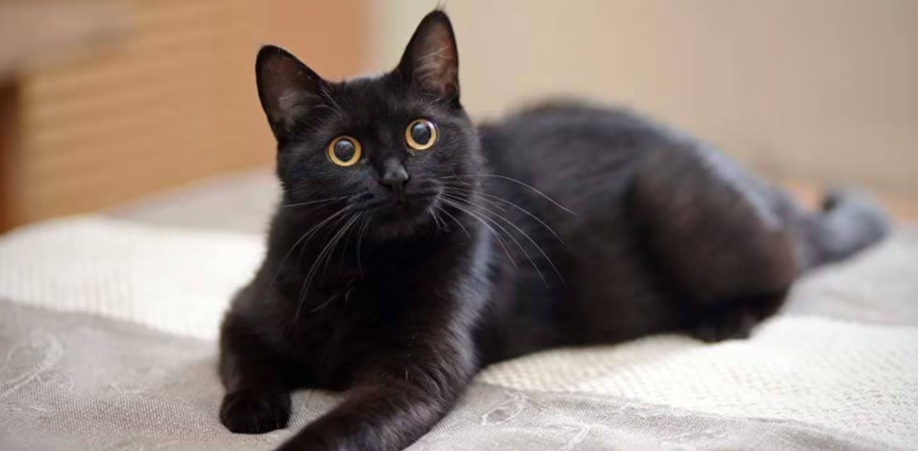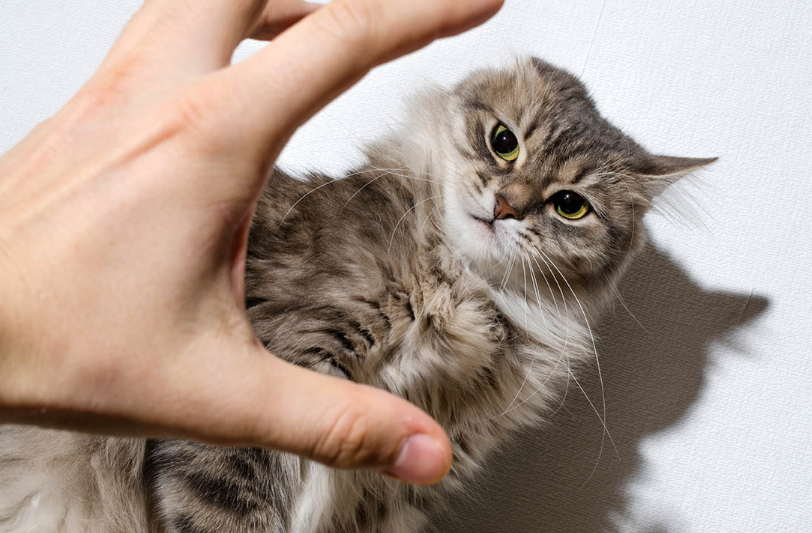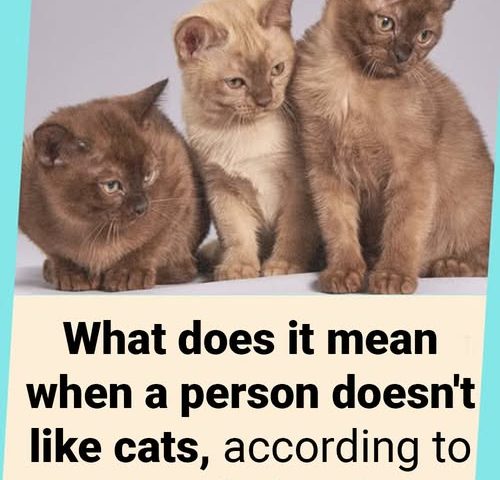Any aversion to pets, especially felines, hides certain past experiences or personality traits that influence that reaction.
There are often different opinions and feelings about cats.
Although many people find them fascinating and beautiful pets, there are those who dislike them and would never own one.
The reasons for this difference have to do with their own personal traits and may even be due to negative experiences with these animals.
What it means if a person doesn’t like cats

Cats are very different from dogs, the most common household pet, as they are characterized by being colder, wanting their space and time, and not being present in the house all the time.
Likewise, many cats tend to “go for a walk” on the roofs of houses and not return for a couple of days.
How to adapt to the unsociable nature of cats and avoid frustration
This type of behavior can be extremely uncomfortable for people who are used to receiving constant love and having control in relationships.
Otherwise, cats tend to be unsociable and don’t always let themselves be petted or may even scratch, which can cause frustration in people with a low tolerance level.
Why people don’t usually like cats

Emotional insecurity: Cats’ unpredictable behavior can cause anxiety or mistrust in those who prefer certainty and clear answers.
Bad previous experiences: Negative experiences with cats in the past, especially during childhood, can influence current perceptions.
Need for personal control: People who seek to dominate situations may feel uncomfortable with cats’ independent nature.
Influence of upbringing: Growing up in an environment where cats were considered dangerous or unhygienic can leave deep-rooted prejudices.
Low tolerance for the unexpected: People with a highly structured personality may be disturbed by cats’ autonomy and spontaneity (climbing onto roofs out of nowhere, disappearing, etc.).
